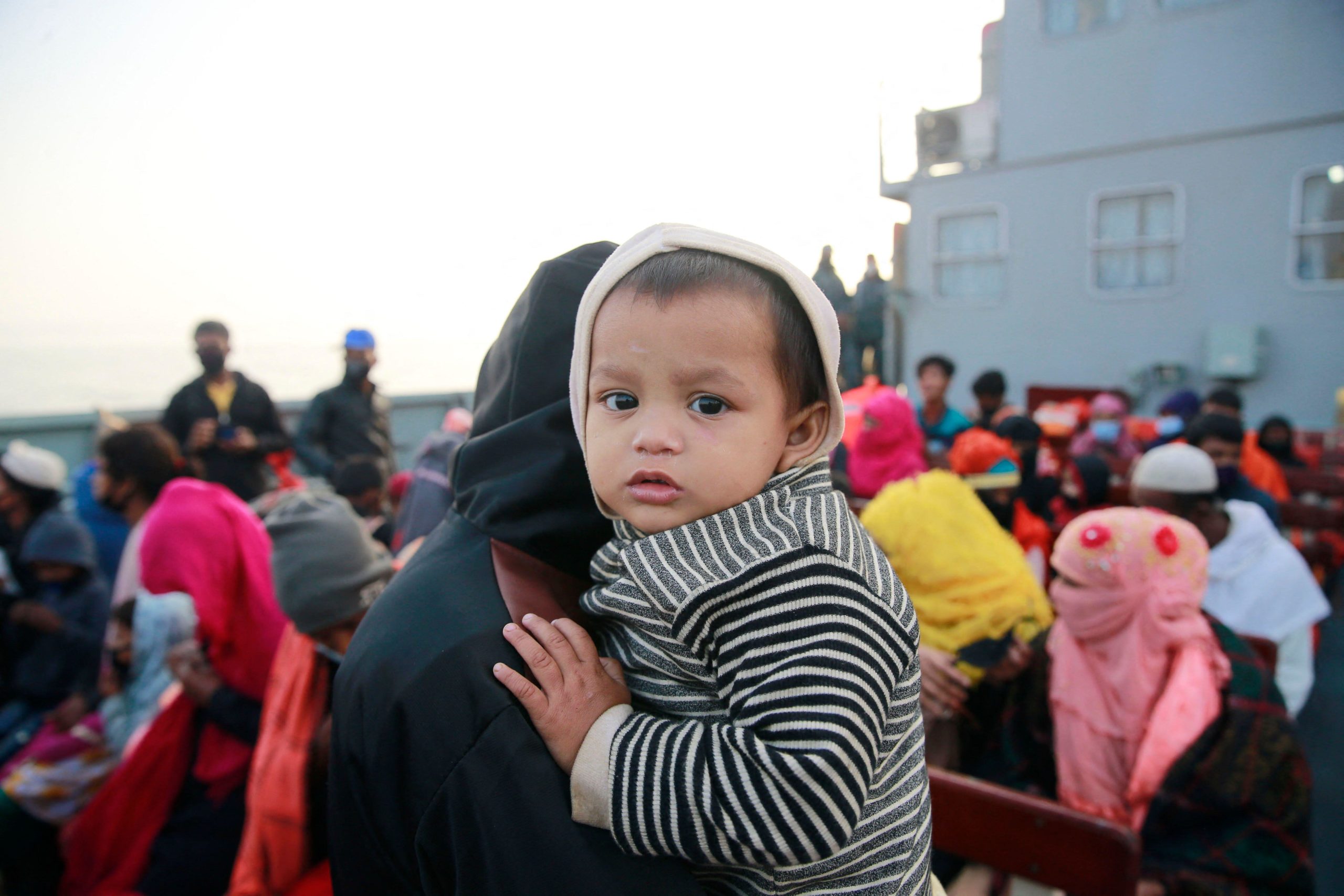
DHAKA, March 29, 2022 (BSS) - The 5th Joint Response Plan (JRP-2022) for humanitarian assistance for over one million Forcibly Displaced Myanmar Nationals (FDMNs) temporarily sheltered in Bangladesh launched today with a new chapter on Bhasan Char.
"The international community, including the UN, must intensify their focus on the permanent solution, which lies in the sustainable return and reintegration of Rohingya in Myanmar," State Minister for Foreign Affairs Md. Shahriar Alam, MP, said at the virtual launching event, a foreign ministry press release said here.
In the plenary of the event, the UN High Commissioner for Refugees Filippo Grandi and Director General of International Organization for Migration (IOM) Antonio Vitorinore recalled the unprecedented humanitarian gesture of Bangladesh and its people extended to FDMNs - the victims of mass atrocities in Myanmar, and committed to continue their strong support to the resolution of crisis.
The Bangladesh state minister recalled the extra-ordinary humane consideration of the Prime Minister Sheikh Hasina and highlighted Bangladesh's role as first responder to the crisis, even before the international community stepped in.
He mentioned that in order to decongest and de-risk the camps, Bangladesh developed Bhasan Char from her own resources with required amenities and better facilities to temporarily shelter 100,000 FDMNs from the camps in Cox's Bazar.
He informed that so far over 26,000 Rohingyas had already been shifted on voluntary basis.
The state minister emphasized that Bangladesh cannot host the FDMNs for an indefinite period and they are also willing to return to their homeland at the earliest.
He underscored that resolving the crisis is a collective responsibility as its implication goes beyond borders.
Appreciating the continued support of the international partners in humanitarian operation, he underlined that the activities under the JRP would need to be implemented assuming the temporality of the stay of the FDMNs in Bangladesh and repatriation is the ultimate solution of the crisis.
Mentionable that, in the strategic objectives of the JRP, sustainable repatriation has been given the topmost priority.
The JRP also included a new strategic objective to address the adverse impacts on the environment exacerbated by the Rohingya crisis and their prolonged stay in Bangladesh.
The new chapter on Bhasan Char has also been included in the JRP in line with the Government's plan to relocate 100,000 FDMNs on a voluntary basis by the end of 2022.
Importantly, the JRP acknowledged that the costs and impacts incurred upon the economy, society and environment of Bangladesh for the prolonged stay of the Rohingya is enormous, and that response of the international community should be proportionate to Bangladesh's humane gesture through tangible act on ensuring their sustainable repatriation to Rakhine.
On the occasion of launching of the JRP, Ambassadors and representatives from a number of countries, inter-alia, USA, UK, Canada, Japan, Australia, EU, Switzerland, New ZeaLand, Thailand, and representatives from NGOs deeply appreciated the continued support provided by the Bangladesh government.
They committed their continued focus on the resolution of the Rohingya crisis.
In response to the $881 million of funds required for the implementation of the JRP, the participating countries also pledged their contribution, while other potential contributors would likely join them soon.
Different other stakeholders including representatives from INGOs, NGOs also joined the event. The Bangladesh delegation led by the Hon'ble State Minister for Foreign Minister also included senior officials from the Ministry.